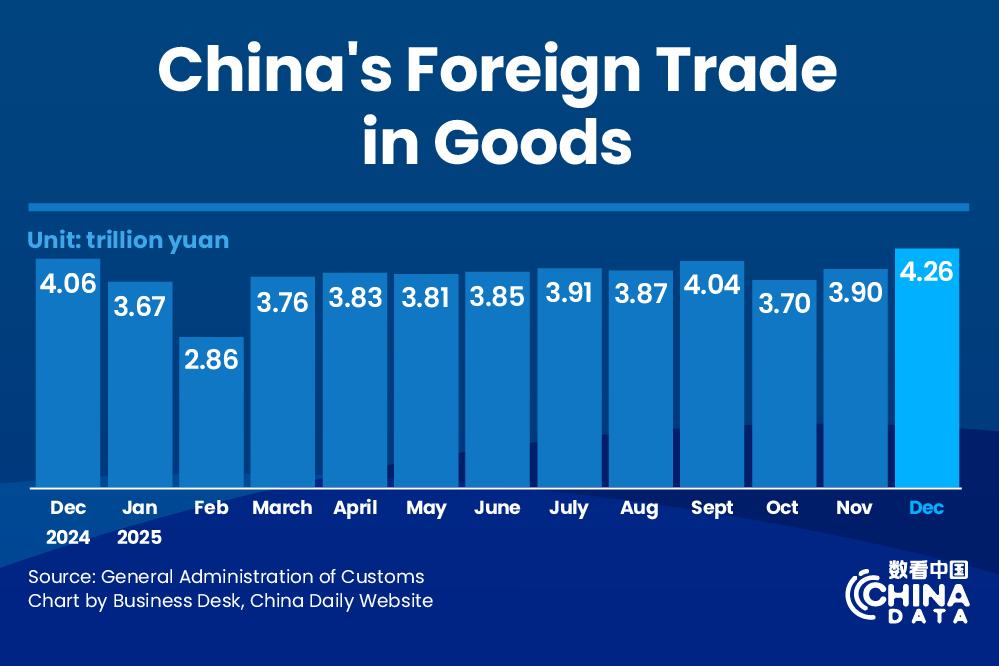Esports players set hot pace in Southeast Asia


In April last year, more than 230,000 people attended Garena World, the company's flagship esports tournament, in Bangkok, Thailand. There was a prize pool of more than $500 million and the competition featured Arena of Valor, an online game jointly published by Garena.
Numerous examples of policies supporting esports development can be found in the region, and the sport is officially recognized by countries including the Philippines, Thailand, Malaysia and Singapore.
Last year, the Indonesian Esports Premier League worked with the country's Presidential Staff Office, the Creative Economy Agency, the Youth and Sports Ministry and the Communications and Informatics Ministry to organize the first Esports President's Cup. More than 3,000 gamers took part in the tournament, which was held in Jakarta.
Malaysia has unveiled a five-year esports development plan. This includes providing financial support for national e-athletes, recognizing esports as a valid extracurricular activity in schools, and establishing facilities, services and resources to nurture potential e-athletes.
In the Philippines, the country's Olympic committee supported setting up a national governing body to promote esports. Launched in 2018, the Esports National Association of the Philippines recruited members for the national team that won gold medals at the Southeast Asian Games last year.
Darang Candra, Niko Partners' head of esports research, said Asia was the first region to "mainstream" esports. Even before it became a medal event at the 2019 SEA Games, it featured as an exhibition sport at the 2018 Asian Games in Jakarta.
Candra said the passion for esports in Asia can be compared with the popularity of traditional stadium sports in the West, and in addition to attending tournaments, many fans watch livestreamed events. He added that the most successful video games are those that encourage more engagement and a sense of community among e-athletes and their supporters.
Candra said Indonesia, the Philippines and Vietnam are the biggest esports markets in the region. The three countries have growing economies and young populations-the main consumers of video games. Most gamers are ages 15 to 25.
Candra said internet connectivity has also contributed to the growth of esports in Southeast Asia.




































